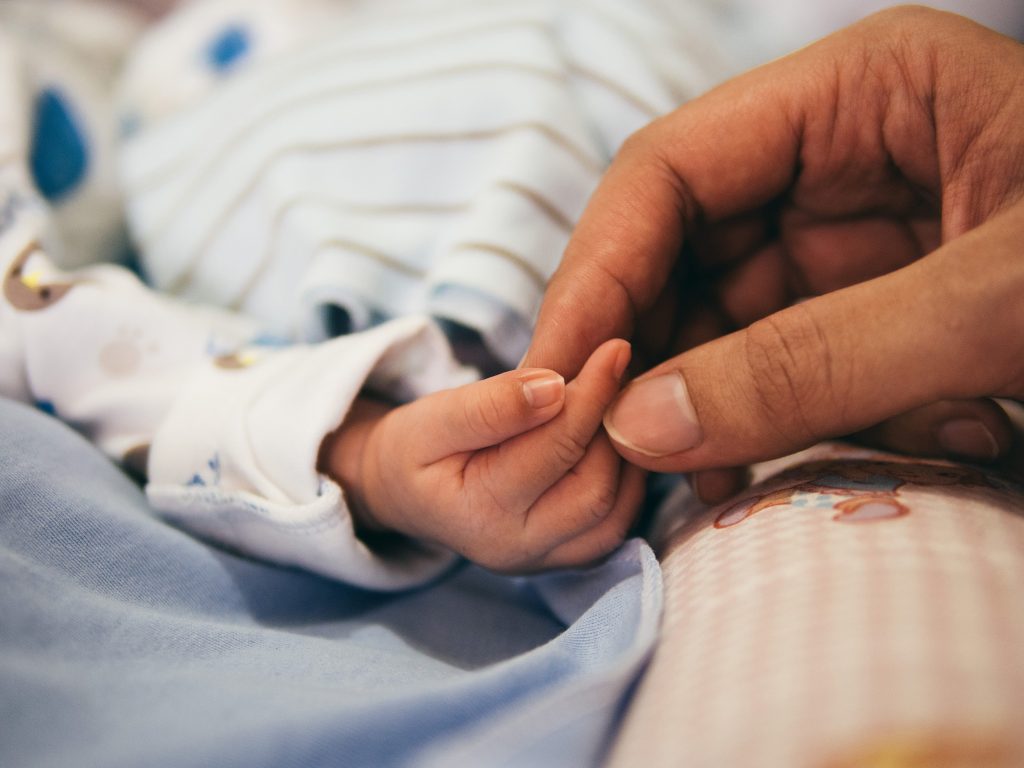A few years ago Serious Case Reviews (SCRs) were generally long, rambling documents that seemed to be designed to sit on the shelves of strategy leaders and left to gather dust. In recent years, there has been a change of heart and now every member of the children’s workforce is encouraged to have a wide knowledge of local and national Serious Care Reviews. I agree that SCRs can be a great resource for learning, enabling all professionals to improve their practice.
Recently a setting in Bristol asked me to put together some training relating to the recommendations of a SCR concerning the death of ‘Baby L’ in Bristol last year. Amongst other issues, the case brought up the challenges of safeguarding and cultural competence.
Baby L was found dead in a suitcase in the home in South Bristol where her Mother and siblings lived with her sister’s family. Her Mother had denied her pregnancy and Baby L only came to light when her mother attended hospital with a suspected miscarriage, claiming that Baby L had not been born alive. When Baby L was discovered the evidence suggested she had been alive at birth. The Mother was convicted of the baby’s manslaughter with diminished responsibility as a result of a “pathological denial of pregnancy”. It was clear that no professional could have prevented the death of Baby L.
But the SCR did make some other observations of note particularly concerning the safeguarding implications of cultural difference. The Mother had English as a second language and her English language skills were limited; her sister provided her support with interpretation with professionals. Interestingly the SCR highlighted the fact that the Mother had a learning disability masked by having English as a second language and the interpreting skills of her sister – something services were unaware of. The SCR also recognised the family was poor and disadvantaged by being relatively newly arrived in the UK. There were also worries about whether Mother might be vulnerable to domestic violence and abuse, exploitation and Human Trafficking, which can be associated with cultural abuse.
The SCR of Baby L states that research highlights that professionals sometimes lack the knowledge and confidence to work with children and their families from different cultures and religions. It suggested that professional practice could have been enhanced by the use of the Culturagram. The Culturagram was developed by an American social worker, Dr Elaine Congress in the 1990s. It is a family assessment tool designed to help social workers and others understand better families from different cultural backgrounds. It gives professionals an opportunity to understand their culture on an individual basis rather than generalising them to a cultural group.
The Culturagram consists of a diagram with 10 different aspects; culture as not being a singular concept; it is subsumed by race, ethnicity, national origin and religion, as well as circumstances, context, values and beliefs.

The idea is that the practitioner uses the model of the Culturagram to come up with a series of questions that will help them to fully understand the beliefs and circumstances of individuals from different cultures. Starting with ‘Reasons for relocating’, the practitioner should ask questions relating to each box in a clockwise direction and give the subject the opportunity to fully describe and paint a picture of their life in a way that is clear and thorough. The Culturagram recognises that practitioners can sometimes back away from asking questions that may cause offence but offers the possibility of genuine and open dialogue that help us to understand the families much more holistically and much more individually. And if this is done, we will have a better understanding of the child’s safety and welfare.
I encourage you to share this tool in your setting and to feedback to me about its usefulness.
The Serious Case Review of Baby L can be read here:
https://bristolsafeguarding.org/children-home/serious-case-reviews/bristol-scrs/
